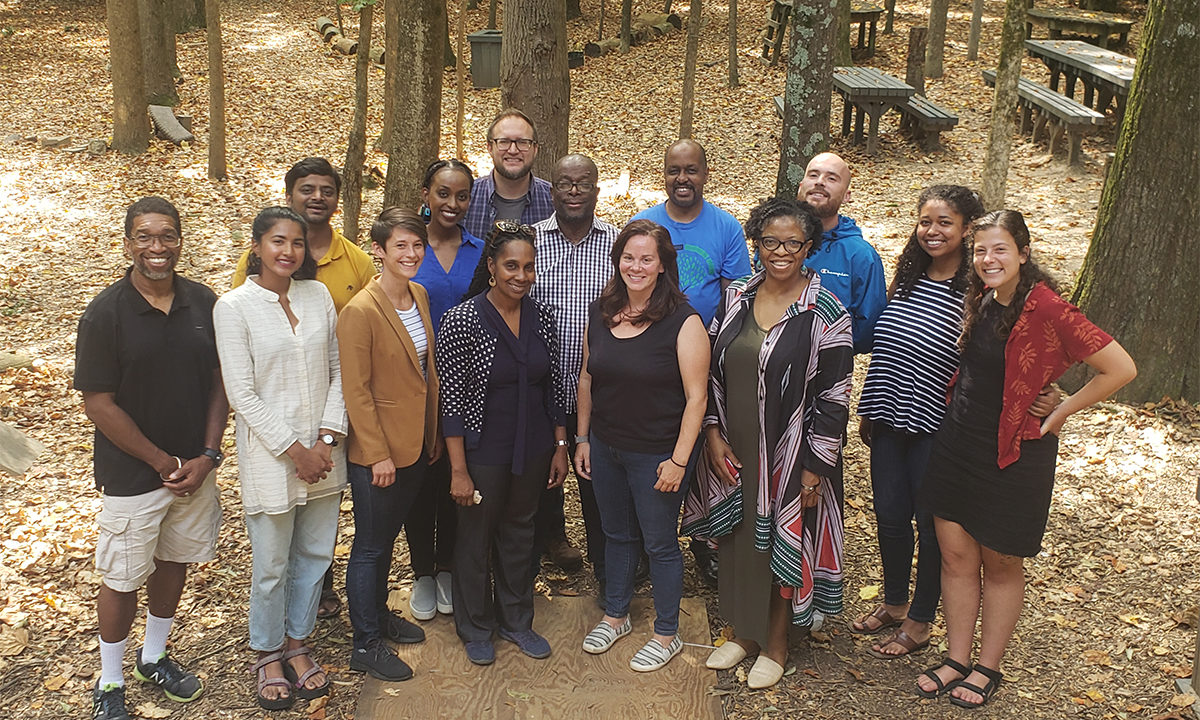The CREATE Initiative advances research and education at the intersection of environment and equity through community engagement, interdisciplinary scholarship, and graduate training. Through the CREATE Scholars program, a new generation of researchers are trained to see across disciplinary boundaries that centers positionality, equity, and power by applying research in historically marginalized urban communities. This research is carried out collaboratively between a set of community-based partners on the Policy Think Tank, a cohort of dedicated graduate scholars and an interdisciplinary team of historians, geographers, economists, and ecologists. CREATE believes that by developing trusted relationships that prioritize the questions and methodologies of its partners, the outcomes will be better equipped to do effective work in the world. This initiative has developed Sharing in the Benefits of a Greening City, the first toolkit synthesizing the policy work with academic literature to address green gentrification issues. The CREATE Initiative aims to equip environmental leaders with the language, tools, and analysis to understand historical processes and how they still show up in contemporary green investments.
From the Awards Evaluation Team
“The CREATE Initiative turns the traditional relationship between the academic research world and communities impacted by pollution and wealth extraction on its head by having the research process be led by the community instead of the University. Engaging community members in a different way—as partners in the research process—allows the CREATE Initiative to co-create tangible resources that are valuable to the communities they work with and to appropriate University resources more broadly to give back to partner communities (rather than extract intellectual capital, as so often results when research is done “on” or “to” communities). We look forward to seeing the impacts of more trusting relationships between the University and marginalized communities, as well as seeing what shared learning can look like and what other outcomes it can help to accomplish.”
– Environmental Innovation category evaluation team
Support this Project
Catalyzed by Xcel Energy
- Incorporate the CREATE Initiative’s work in relevant outreach or education efforts.
- Connect with us if you or an organization you know of is working on similar issues, especially if there is interest in using Sharing in the Benefits of a Greening City.
The CREATE Initiative's Interview
It also meant a willingness to be transformed by the needs of community members.
Project Partners
The following partners represent CREAT’s Policy Think Tank that collaborates with CREATE Researchers to produce academic scholarship that is responsive to community priorities and new policy approaches. The Policy Think Tank includes (from top left to right): Iyekiyapiwin Darlene St. Clair (Associate Professor, St. Cloud State University), Sam Grant (Executive Director, MN350, Co-Founder, Embody Deep Democracy), Na'taki Osborne Jelks (Assistant Professor, Spelman College, Board Chair, West Atlanta Watershed Alliance), Glenda Simmons Jenkins (Representative, Gullah/Geechee Nation), Shannon Smith Jones (Executive Director, Hope Community Inc.), Adair Mosley (President & CEO, Pillsbury United Communities), Dr. Yomi Noibi (Executive Director, Eco-Action), Queen Quet (Chieftess, Gullah/Geechee Nation), James Trice (Founder & CEO, Public Policy Project)
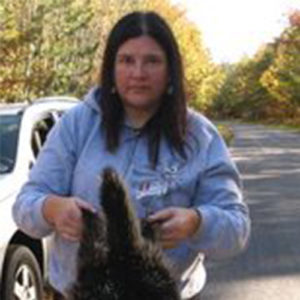
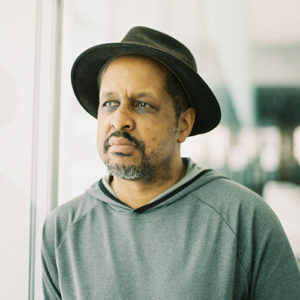



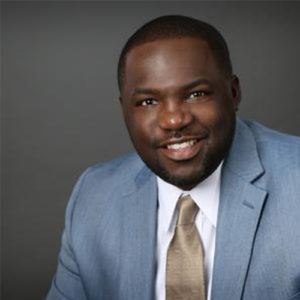
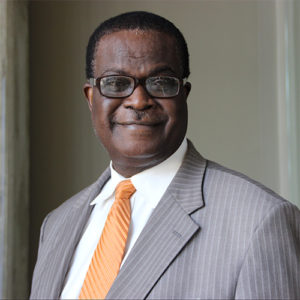
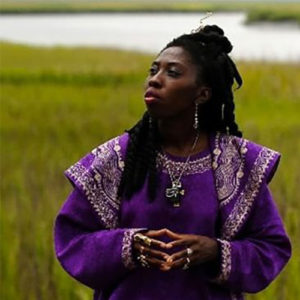

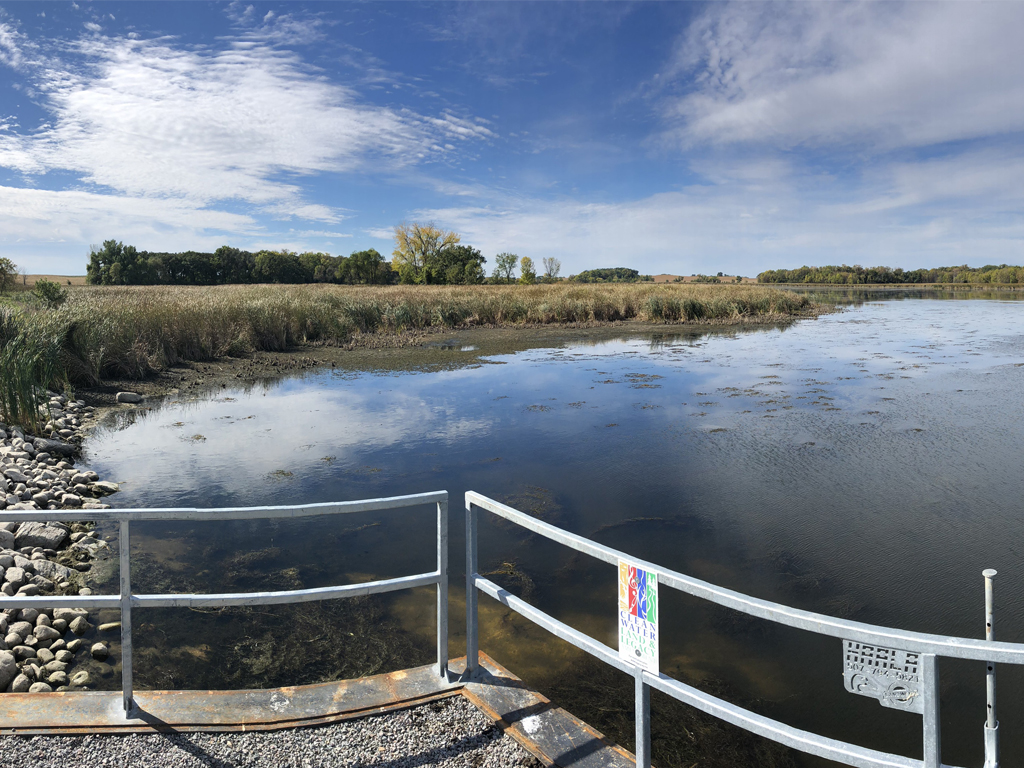
Honorable Mention
Turbid Lake Chain Drawdown
What started as an idea to improve water quality in Diamond Lake, became a shining example of partnership and cooperation. Through partnerships between Ducks Unlimited, Minnesota Department of Natural Resources, and the Middle Fork Crow River Watershed District Board, this project worked to manage the water levels and quality in Hubbard, Schultz, Wheeler Chain of Lakes, four shallow lake basins and a recreational lake, Dimond Lake, ranging in size from 57 acres to 238 acres. This lake chain project is unprecedented in Minnesota. The outlet of each of the four shallow lakes eventually enters the recreational water body of Diamond Lake. The engineering challenges associated with managing water levels in the upstream shallow lake basins of Hubbard, Wheeler, and Schultz paled in comparison to the challenge of bringing all interested parties together to support the project. This required the cooperation and efforts of various public agencies, private landowners, private consulting firms and nonprofit organizations.
About the Environmental Innovation Category
The Environmental Innovation Award recognizes partnerships dedicated to developing and sharing creative, innovative strategies that can create positive systems change within the environmental field.

The Environmental Law Group, Ltd. is very pleased to sponsor EI’s 2020 Environmental Innovation Award. Our law firm was founded 20 years ago based upon a conviction that proved to be correct—that we could provide environmental law services more effectively in a unique and focused small-firm setting, harnessing years of environmental law expertise, community involvement and longstanding partnerships to zealously advocate for our clients on cutting edge environmental law issues. While we don’t pretend to have the same incredible level of creativity, innovative spirit, and community effect exhibited by this year’s nominees, our firm’s background makes it particularly easy for us to appreciate and admire their remarkable achievements. Please join us in congratulating and celebrating the 2020 Environmental Innovation Award honorees.
